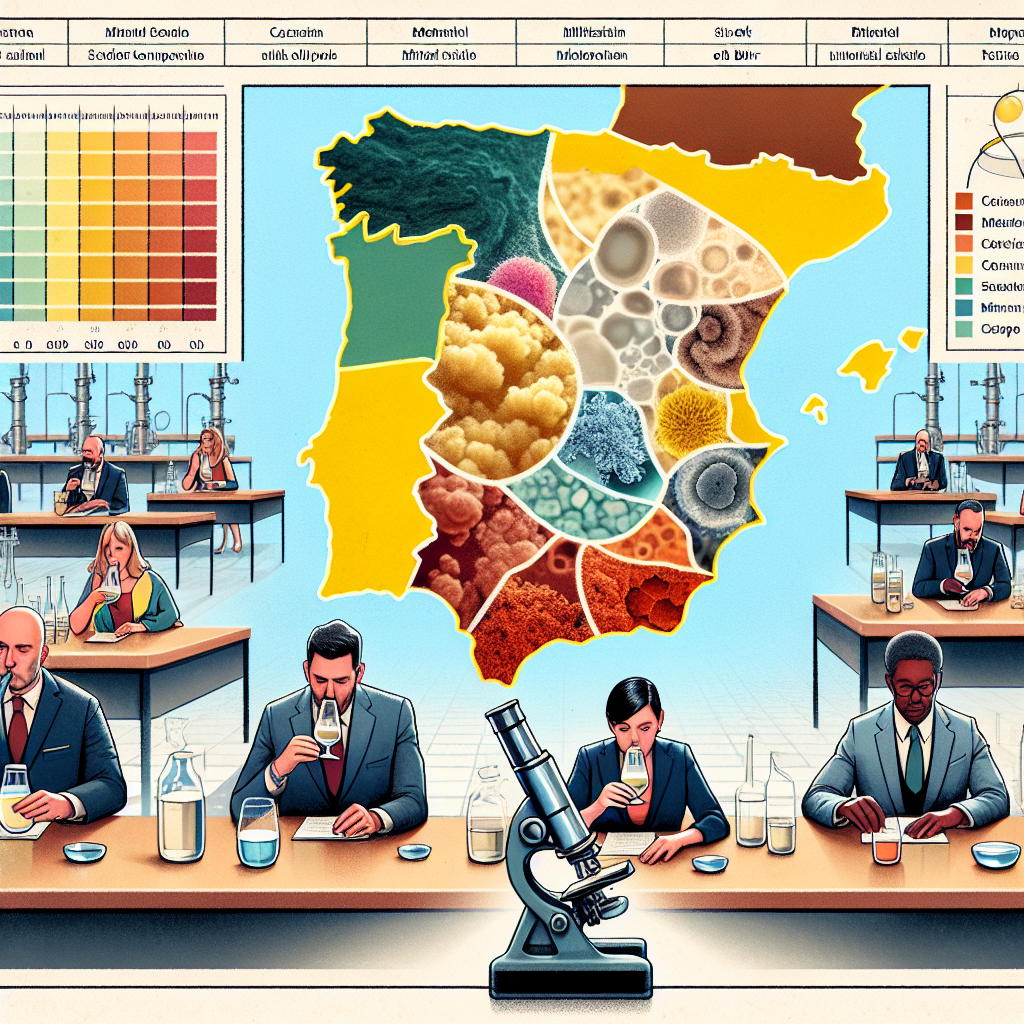Exploring the Unusual Taste of Tap Water in Certain Regions of Spain
-
Table of Contents
Exploring the Unusual Taste of Tap Water in Certain Regions of Spain

Introduction
Tap water in various regions of Spain has been noted for its distinctive taste, sparking curiosity and concern among residents and visitors alike. This phenomenon is influenced by a combination of natural and human factors, leading to a unique drinking experience.
Factors Influencing Tap Water Taste
- Geological Composition: The mineral content in the local geology significantly impacts the taste of tap water. Regions with high levels of calcium or magnesium may experience a more pronounced taste.
- Water Treatment Processes: The methods used to treat and purify water can introduce or alter flavors. Chlorination, for instance, is a common practice that can affect taste.
- Source of Water: Whether the water is sourced from rivers, reservoirs, or underground aquifers can also influence its flavor profile.
Regional Variations
Different areas in Spain exhibit varying tap water tastes due to their unique environmental and infrastructural characteristics:
- Madrid: Known for its relatively neutral-tasting water, thanks to the Sierra de Guadarrama mountains’ natural filtration.
- Barcelona: Often described as having a more pronounced taste, attributed to the use of desalinated water and the presence of minerals.
- Valencia: The tap water here is noted for its hardness, resulting from high mineral content.
Public Perception and Response
The unusual taste of tap water has led to mixed reactions among the public:
- Health Concerns: Some residents express worries about potential health implications, although authorities assure that the water is safe to drink.
- Preference for Bottled Water: Due to taste preferences, many opt for bottled water, impacting local consumption patterns.
- Efforts to Improve Taste: Municipalities are exploring advanced filtration technologies to enhance the palatability of tap water.
Conclusion
The taste of tap water in certain regions of Spain is a complex interplay of natural and human factors. While it remains safe for consumption, the distinctive flavors have prompted discussions on water treatment practices and consumer preferences. Understanding these nuances can help address public concerns and improve the overall water experience.

















